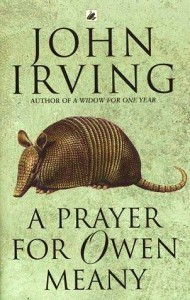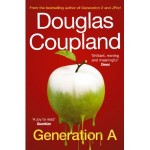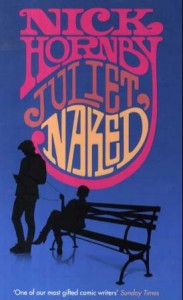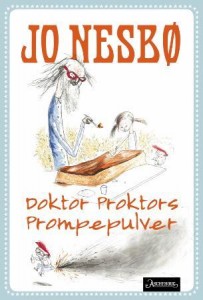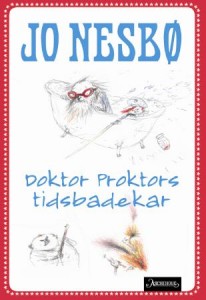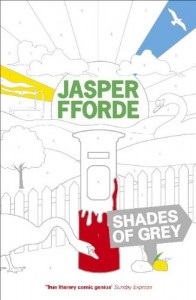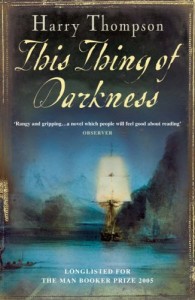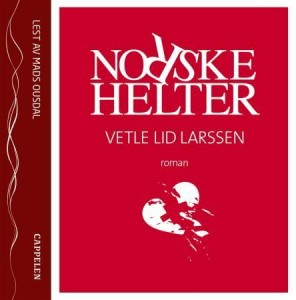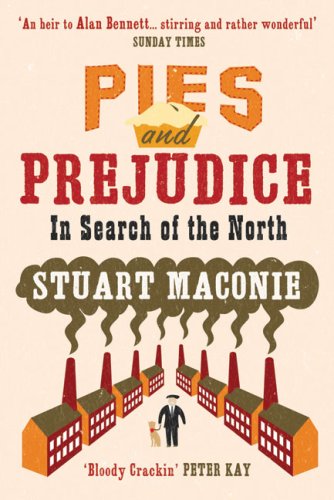 I found Pies and Prejudice – In Search of the North by Stuart Maconie in the newly extended English language section of one of the lokal bookshops (Norli på Nordre, om noen av mine norske lesere lurer). To my surprise, and glee, they now have a proper section for non-fiction, covering two whole book cases. I celebrated by buying this book, and I am very glad I did. The Times – according to the blurb on the cover – called Maconie «The new Bill Bryson» in their review, and I think they might be on to something.
I found Pies and Prejudice – In Search of the North by Stuart Maconie in the newly extended English language section of one of the lokal bookshops (Norli på Nordre, om noen av mine norske lesere lurer). To my surprise, and glee, they now have a proper section for non-fiction, covering two whole book cases. I celebrated by buying this book, and I am very glad I did. The Times – according to the blurb on the cover – called Maconie «The new Bill Bryson» in their review, and I think they might be on to something.
Maconie writes well, seems to know what he is talking about, and most importantly, conveys a genuine affection for his subject, even the not so pretty bits. And he shows the right sort of attitude.
From [the Henry More Centre], you can stroll through a Perspex walkway to Leeds City Art Gallery, haunt of the teenage Alan Bennett and home to the finest collection of twentieth-century British art outside London. Their online literature encourages visitors to ‘read… mingle… chat… laugh’. Personally, I’d have put ‘look at some pictures’ in there as well but I understand that museums are now so terrified of being thought elitist, so desperate to be ‘inclusive’, that they have to avoid the unspeakable truth, namely that modern art isn’t for everyone. Neither is John Coltrane or Bartók or the ghost stories of Robert Aickman or peaty Laphroaig whisky or English mustard. That’s why they are special and fabulous. Let’s not patronise the public by wet-nursing them like this.
(p. 210)
Maconie has written anothe book called Cider with Roadies. I’ll be reading it.
